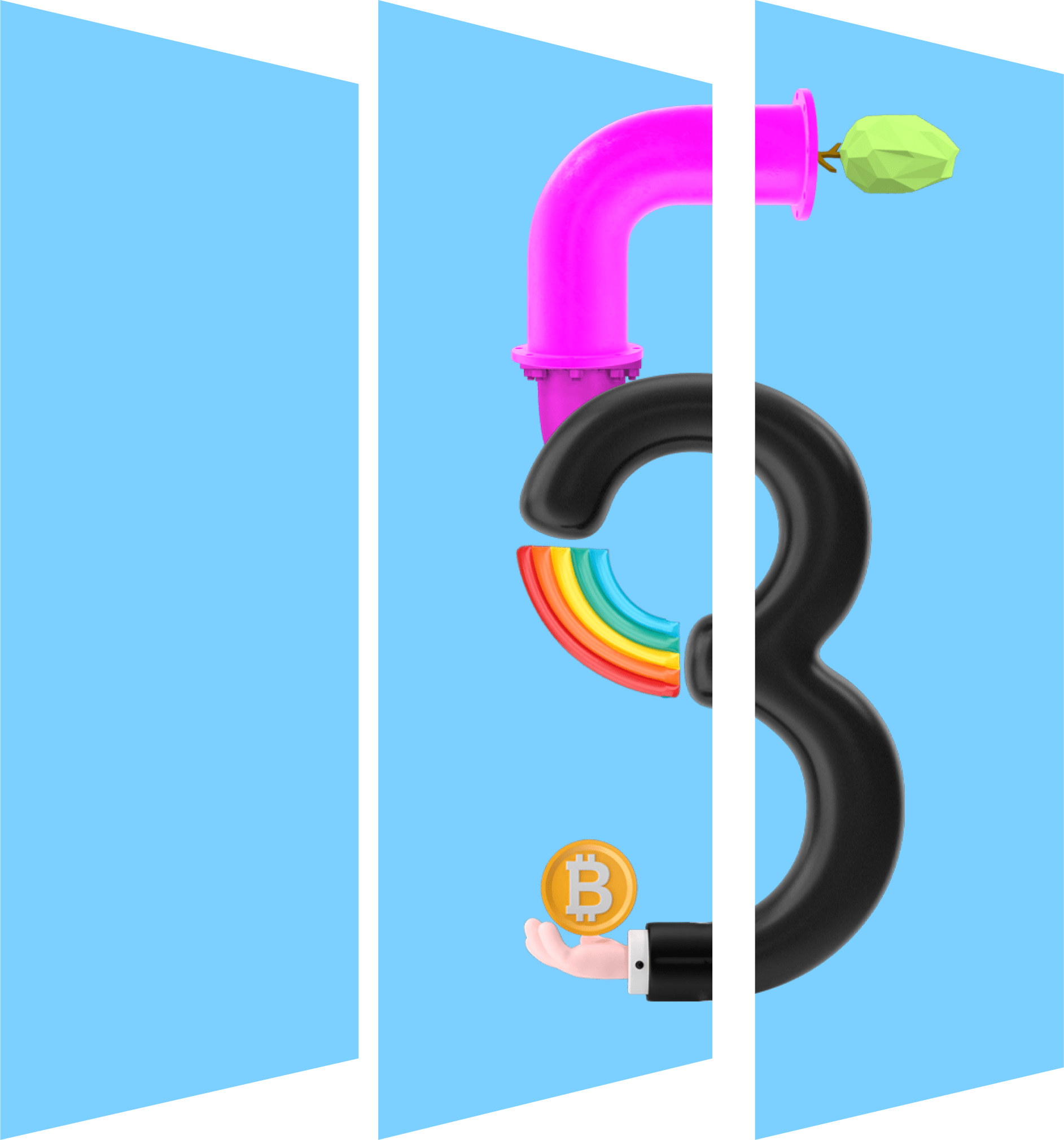
What are the implications of NFT fractions and Index Funds being unregistered securities?
Select jurisdiction
Brazil
Currently, there is no framework in the Brazilian legislation on this subject. What we
have in concrete is that there is a move by the regulatory body to deal with this matter with
greater seriousness and speed. However, there is currently no solid mapping of the associated
risks. What we can say is that, since there is no regulating law, there is a risk of it being
subjected to civil, criminal and administrative sanctions, depending on the case.
Nigeria
If the value of the property which the NFT carries is one which the law requires to
be registered as a security i.e. transactions falling under the regulations of the
Securities and Exchange Commission, transactions relating to land, mortgage,
etc, then the enforceability of the rights thereto will be affected. In some cases, it
would merely be inchoate and the same can be cured once registered.
Poland
In Poland, if an NFT fraction or an Index fund is considered a security, it would be subject to regulation by the Polish Financial Supervision Authority (PFSA) and the Polish Ministry of Finance. This means that the issuer of the NFT fraction or index fund would be required to comply with certain disclosure and registration requirements and the NFT fraction or index fund would be subject to ongoing oversight by the regulatory authorities.
If an NFT fraction or index fund is unregistered, it could be considered illegal security, and the issuer could be subject to fines or penalties imposed by the regulatory authorities. Additionally, any transactions involving unregistered securities may be considered illegal, and parties involved in these transactions could be subject to legal action.


